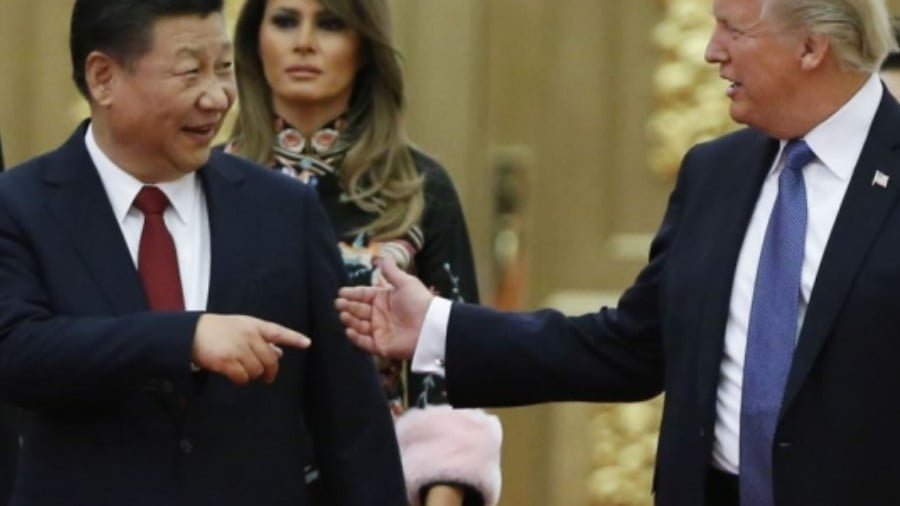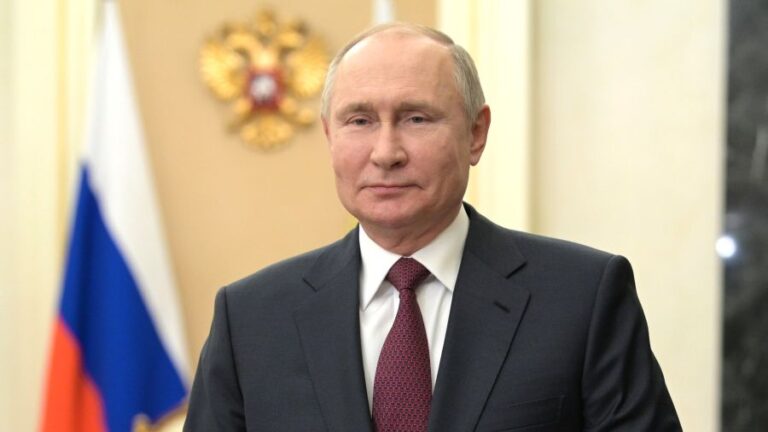Is China Turning Trump’s Oil Weapon Against Him?
Usually when referring to the so-called oil weapon, analysts are talking about the decades old policy of major oil producing nations withholding production to tighten supplies and drive prices up, often driven by geopolitical motivations.
The most nefarious example of this came in 1973 when middle eastern producers, led by Saudi Arabia, cut oil imports to the U.S. and a number of Western countries. Two other embargoes took place in both 1956 and 1967 with less than stellar results. Their objective, especially in 1967 and 1973, was to force countries that supported Israel to change their foreign policies and to also put pressure on Israel to withdraw from the territories it occupied during the 1967 Arab-Israeli War, often called the Six Day War.
What appears to have faded from public memory is that the U.S. has used the oil weapon more than OPEC producers, including oil embargoes on Japan before World War II; then on the Soviet Union in the 1960s; and in various forms on South Africa, Burma, Serbia, Haiti, Libya, Iraq, Iran, and Sudan over the last twenty years or so.
However, oil embargoes, including the most remembered and politically and economically explosive embargo of 1973, seldom work. After the 1973 embargo, the U.S, Japan and several European nations that had suffered then record high oil and gasoline prices and a supply shock fought back, enacting fuel efficiency standards, the establishment of strategic petroleum reserves, and other measures that swung marginal power back to oil importing nations but more importantly reduced global oil demand for decades, in essence causing the embargo to backfire.
Oil weapon possibility?
Now, a take-off of this decades-old strategy – but this time by an oil consumer that could be trimming imports for political reasons – might be unfolding.
Last week, citing people familiar with the matter, Reuters said that Chinese state-run oil major Sinopec, the country’s top refiner, was going to cut its Iranian oil imports by half this month after coming under intense pressure from Washington to comply with the U.S. ban on Iranian oil, which kicks in on November 4.
The sources didn’t specify volumes but based on the prevailing supply contract between Sinopec and the National Iranian Oil Company (NIOC), Sinopec will reduce its loadings to about 130,000 barrels per day (bpd), equaling 20 percent of China’s daily average imports from Iran in 2017 – the deepest Chinese cut in Iranian oil exports in years.
While most analysts, including the Reuters report, claim that Beijing is ceding to U.S. pressure over Iranian oil imports, another motive may be lurking in the background.
As China trims its Iranian crude imports, it will have a knock-on effect of exacerbating the prevailing supply worry for global oil markets, as well as the distinct possibility of a supply crunch going forward.
Moreover, as more Iranian barrels are removed, upward pressure on global oil prices will persist, with the likelihood that the global oil price bench mark, London traded Brent crude, will breach the $90/barrel price point before the end of year. Some analysts are calling for prices around $100 per barrel, but it’s still too early to see if that will transpire.
With Beijing locked in a bitter trade war with Washington that is already hurting economic growth, and with the knowledge that high oil and gasoline prices will sway voters in the upcoming mid-term Congressional elections, Beijing could be playing the oil card so Republicans lose their slim two seat lead in the Senate.
Without a majority in the Senate, much of Trump’s policies thus far, including his hawkish view with China over trade as well as other issues will be in jeopardy. The Senate is currently composed of 51 Republicans, 47 Democrats, and 2 independents, both of whom caucus with the Democrats.
From Beijing’s perspective, any set back to Trump’s trade war would be a win both abroad and at home. However, if the Republican party retains control of the Senate, it’s likely that Trump will impose tariffs on all remaining Chinese imports to the U.S., leaving Beijing exposed both economically and geopolitically.
Trump’s accusations
The White House has already claimed that China is trying to influence American voters by leveling sanctions against industries and states that support his candidacy.
Last week, during his much criticized speech to the UN, Trump upped the ante even more, stating that China did not want “me or us [the Republican party] to win, because I am the first president ever to challenge China on trade.”
“And we are winning on trade. We are winning on every level,” he added.







